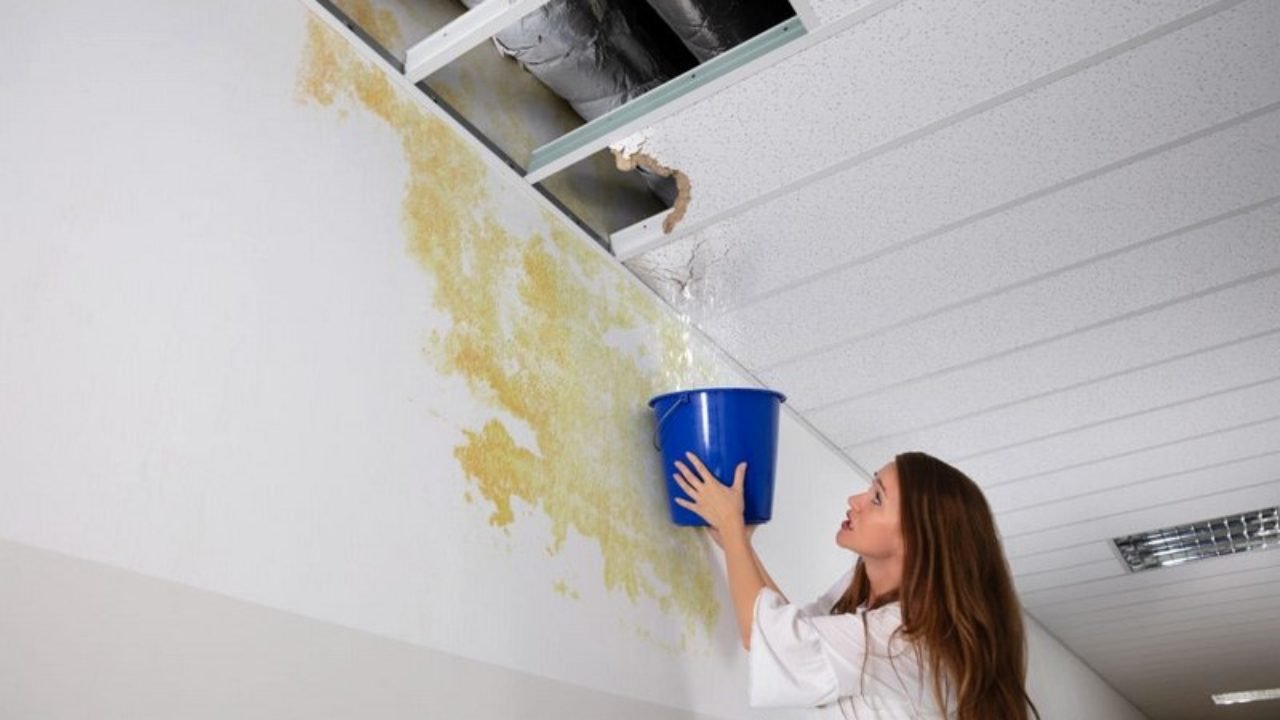Your Residential Most Typical Leak Factors: Analysis
Your Residential Most Typical Leak Factors: Analysis
Blog Article
The article listed below relating to Common Water Leaks In House is especially interesting. Read it yourself and figure out what you think of it.
Leaks not just cause waste of water however can also trigger unnecessary damages to your residence and promote undesirable organic growth. Water leakages may go unnoticed considering that most of the pipework in our house is hidden. By understanding as well as looking for everyday situations that cause leaks, you can protect your residence from future leakages and also unneeded damage. Today, we will take a look at six leakage triggers that may be triggering your pipes to trickle.
Encroaching roots
A lot of water leakages start outside your house instead of inside it. If you observe a sudden decline in water stress, say in your tap, take some time to head out and also analyze your lawn. You may observe wet patches or sinkholes in your backyard, which might mean that tree origins are getting into water lines causing water to leak out. You can have your plumber check for breach, specifically if you have trees or hedges near your residential property.
Corroded water supply
As time goes by, your plumbing system ages and also rust such as rust might start eating away the pipelines. This could be the source of discoloration or bending on your pipes. This requires an inspection with your plumber immediately. Think about replacing the pipelines considering that they are at a higher threat of deterioration than the newer versions if our plumbing system is old.
Malfunctioning Pipeline Joints
The point at which your pipes attach is regularly the weakest link in the waterline. Pipeline joints can deteriorate over time, resulting in water leakages. Regrettably, the majority of pipe joints are not quickly noticeable. If you have loud pipelines that make ticking or banging sounds, especially when the hot water is turned on, your pipe joints are probably under a great deal of stress. It is a good idea to have your plumber examine your system once a year.
Immediate temperature level modifications.
Severe temperature adjustments in our pipes can trigger them to expand as well as get unexpectedly. This growth and also tightening may trigger splits in the pipes, particularly if the temperature level are below freezing. It would be best if you watched on exactly how your plumbing functions. The visibility of the previously mentioned circumstances regularly suggests a high risk.
Poor Water Connectors
At times, a leak can be caused by loose hoses as well as pipelines that provide your home appliances. In case of a water connections leak, you might observe water running directly from the supply line or puddles around your home appliances.
Blocked Drains
Obstructed drains pipes could be irritating and also inconveniencing, however they can in some cases wind up triggering an overflow bring about burst pipelines. Keep eliminating any products that may drop your drains that might block them to avoid such troubles.
All the above are causes of leaks yet not all water leakages result from plumbing leakages; some leakages may come from roof covering leakages. All leaks ought to be repaired right away to prevent water damages.
Leaks not just trigger waste of water but can also trigger unnecessary damages to your house and also advertise unwanted natural development. By looking and understanding for day-to-day circumstances that create leakages, you can protect your house from future leakages and also unneeded damage. Today, we will look at six leakage causes that may be creating your pipes to leak.
At times, a leakage can be created by loose hose pipes and also pipelines that supply your appliances. In situation of a water links leakage, you might see water running straight from the supply line or puddles around your appliances.
How To Check For Water Leak In Your Home
How To Check for Leaks
The average household's leaks can account for nearly 10,000 gallons of water wasted every year and ten percent of homes have leaks that waste 90 gallons or more per day. Common types of leaks found in the home are worn toilet flappers, dripping faucets, and other leaking valves. These types of leaks are often easy to fix, requiring only a few tools and hardware that can pay for themselves in water savings. Fixing easily corrected household water leaks can save homeowners about 10 percent on their water bills.
To check for leaks in your home, you first need to determine whether you're wasting water and then identify the source of the leak. Here are some tips for finding leaks:
Take a look at your water usage during a colder month, such as January or February. If a family of four exceeds 12,000 gallons per month, there are serious leaks.
Check your water meter before and after a two-hour period when no water is being used. If the meter changes at all, you probably have a leak.
Identify toilet leaks by placing a drop of food coloring in the toilet tank. If any color shows up in the bowl after 10 minutes, you have a leak. (Be sure to flush immediately after the experiment to avoid staining the tank.)
Examine faucet gaskets and pipe fittings for any water on the outside of the pipe to check for surface leaks.
Undetected water leaks can happen without the home or business owner even realizing. If you suspect a water leak, but not able to find the source. It is time to contact a professional water leak detection service, The Leak Doctor.
How To Find a Water Leak In Your Home
https://www.leakdoctor.com/blog/How-To-Check-For-Water-Leak-In-Your-Home_AE197.html

We were shown that report on Most Common Causes of Leaky Pipes through a friend on another website. Sharing is good. Who knows, you will be helping someone out. I truly appreciate reading our article about Most Common Causes of Leaky Pipes.
Contact Report this page